With cases on the rise, dengue fever in children poses a serious risk. Every parent needs to know how to protect their child right now.
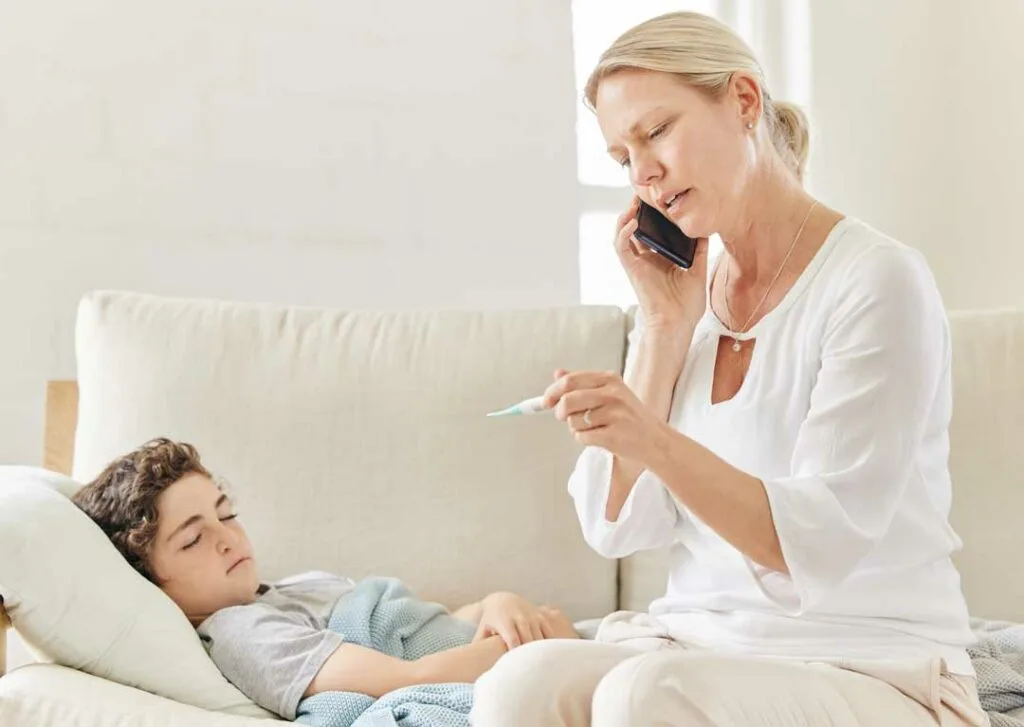
The Department of Health (DOH) recently reported a staggering 73% increase in dengue cases during the first two months of 2025 compared to the same period last year. This sharp rise serves as an urgent reminder for parents across the Philippines to take dengue prevention seriously, especially during the rainy season.
With children among the most vulnerable to mosquito-borne illnesses like dengue, it’s more important than ever for families to stay informed and proactive in keeping their homes and communities safe.
Dengue Fever in Children: 6 Essential Facts Every Parent Must Know
Parents play a crucial role in protecting their children from dengue. From choosing a safe mosquito lotion for baby and kid use to keeping the home environment clean and free of stagnant water, small daily habits can go a long way in preventing infection.
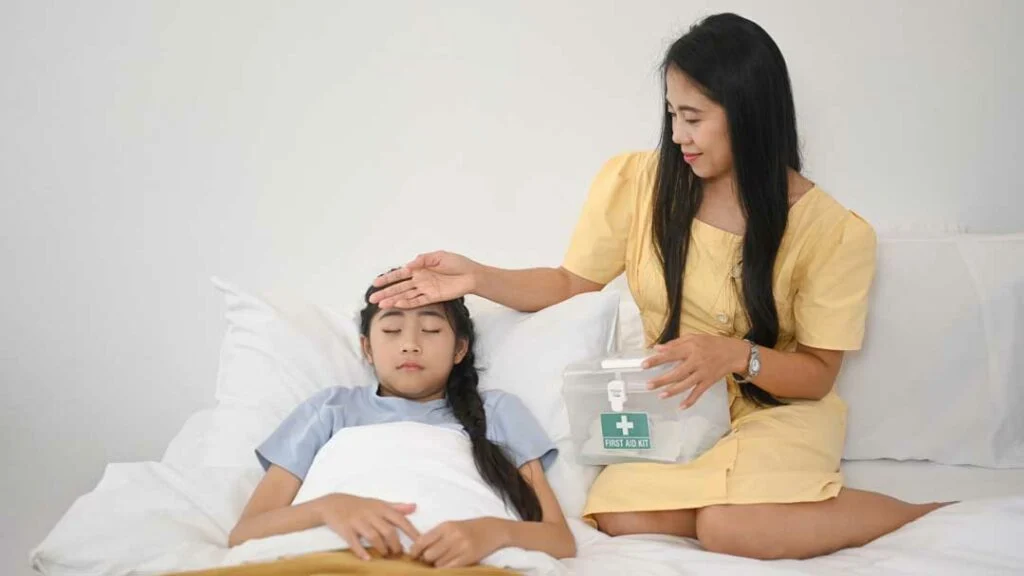
Children need the adults around them to be vigilant, informed, and responsive, whether it’s spotting early warning signs or seeking medical care promptly.
To help you protect your children, here are some of the most important things every parent should know about dengue fever.
1. Dengue Fever Is More Than Just a Bad Flu
Dengue fever might start off like any regular viral illness, often presenting with a high fever, fatigue, and body aches, but it can become much more serious. In some cases, it leads to complications like dengue hemorrhagic fever or dengue shock syndrome, which involve internal bleeding, dangerously low blood pressure, and even organ failure. That’s why it’s so important not to take dengue lightly, especially during outbreak season.
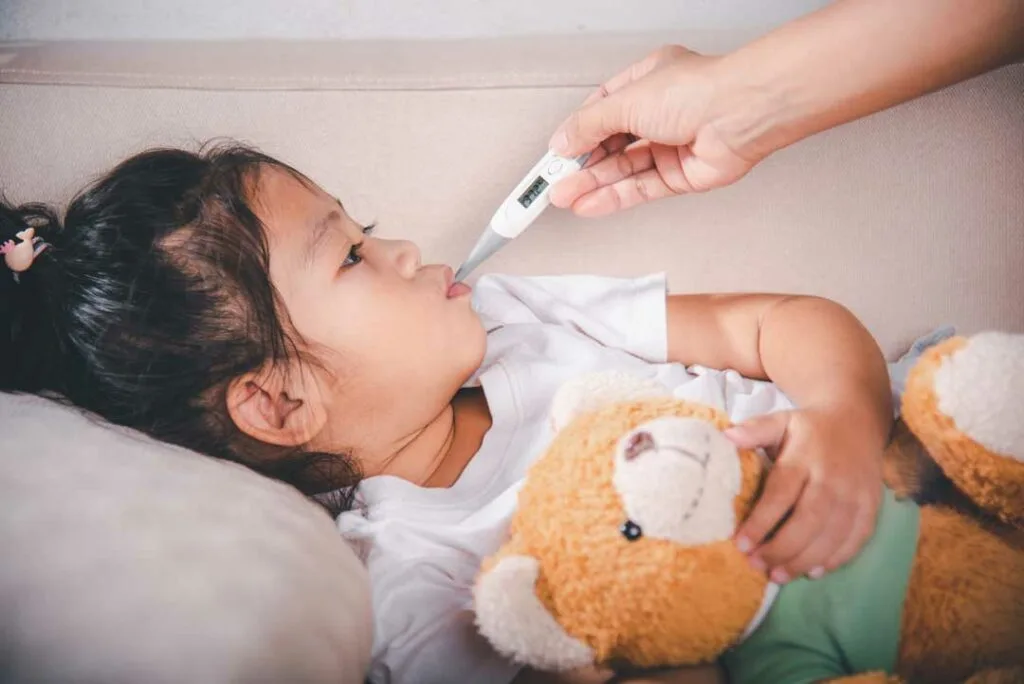
While many people recover without severe symptoms, children are particularly vulnerable and need close monitoring. If your child has a high fever, it’s always safer to have them checked by a medical professional. Catching dengue fever early and getting the right supportive care can make a big difference.
2. There’s No Cure—Only Prevention and Supportive Care
Unlike other illnesses, there’s no specific treatment for dengue. Instead, doctors focus on relieving symptoms through rest, hydration, and fever management as well as closely monitoring for complications. Because there’s no cure, the focus shifts to being proactive, meaning that avoiding mosquito bites is the best way to protect your child from getting sick in the first place.
This makes dengue prevention a daily responsibility for parents. It’s about staying consistent with mosquito-proofing your home, using insect repellents, and being extra cautious when your child isn’t feeling well. Prevention isn’t always perfect, but everyday habits can go a long way in reducing your child’s risk.
3. Kids Are at Higher Risk for Severe Dengue
Children are more likely than adults to develop severe forms of dengue, partly because their immune systems are still developing. They may also have difficulty describing their symptoms clearly, or feel shy or afraid to speak up, so it’s up to parents to stay observant.
What might seem like an ordinary fever could progress into something more dangerous if not monitored carefully.
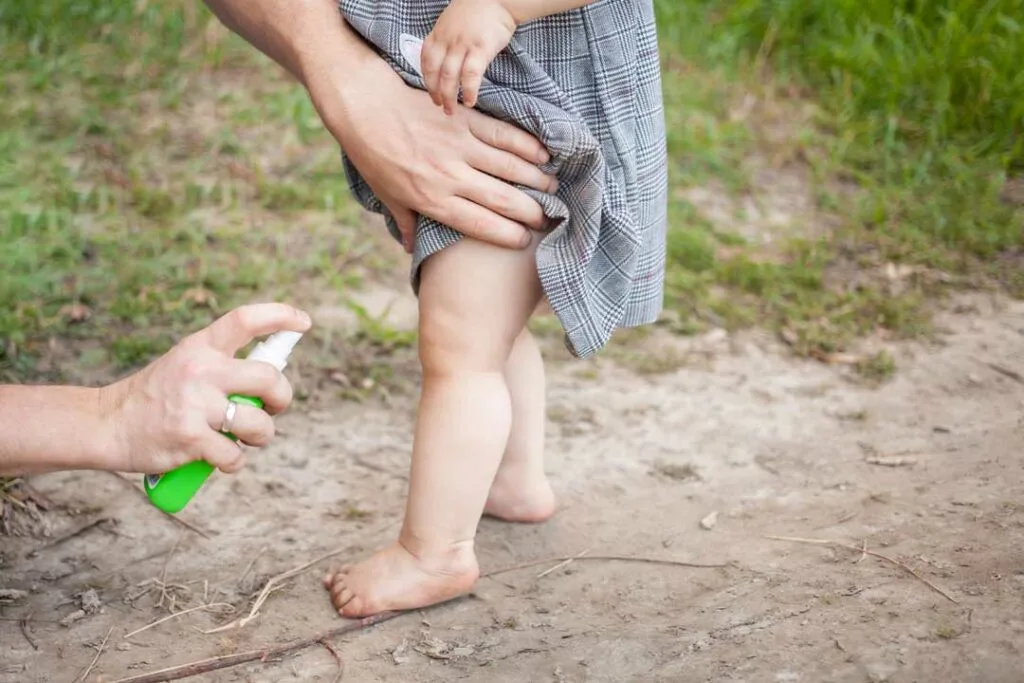
Because early warning signs can be subtle, it’s important to be alert to changes such as persistent vomiting, abdominal pain, unusual bleeding (like nosebleeds or gum bleeding), or extreme tiredness. These symptoms may indicate a more serious form of dengue. If your child has a fever and isn’t acting like themselves, bring them to a clinic or hospital immediately for proper evaluation.
4. Dengue Mosquitoes Bite During the Day
Most people think mosquitoes appear and bite during the evening at night, but the Aedes mosquitoes that spread dengue are actually most active during the day, especially early in the morning and late in the afternoon. This makes children particularly vulnerable during school hours or when playing outside.
To protect your child, make mosquito repellent part of their morning routine, just like applying sunscreen or brushing their teeth. Choose repellents that are safe for kids and approved by health authorities. Those containing DEET, picaridin, or oil of lemon eucalyptus are generally effective when used properly. Dressing children in light-colored, long-sleeved clothing and pants can also reduce the chances of bites.
5. Your Home Is the First Line of Defense
Mosquitoes often breed close to where people live, so your home can either be a danger zone or your best line of defense. Aedes mosquitoes lay eggs in clean, still water, so it’s crucial to regularly empty and scrub containers like buckets, flower pots, and pet bowls to prevent larvae from developing. Even small amounts of standing water, such as in plant saucers or clogged gutters, can become breeding grounds.
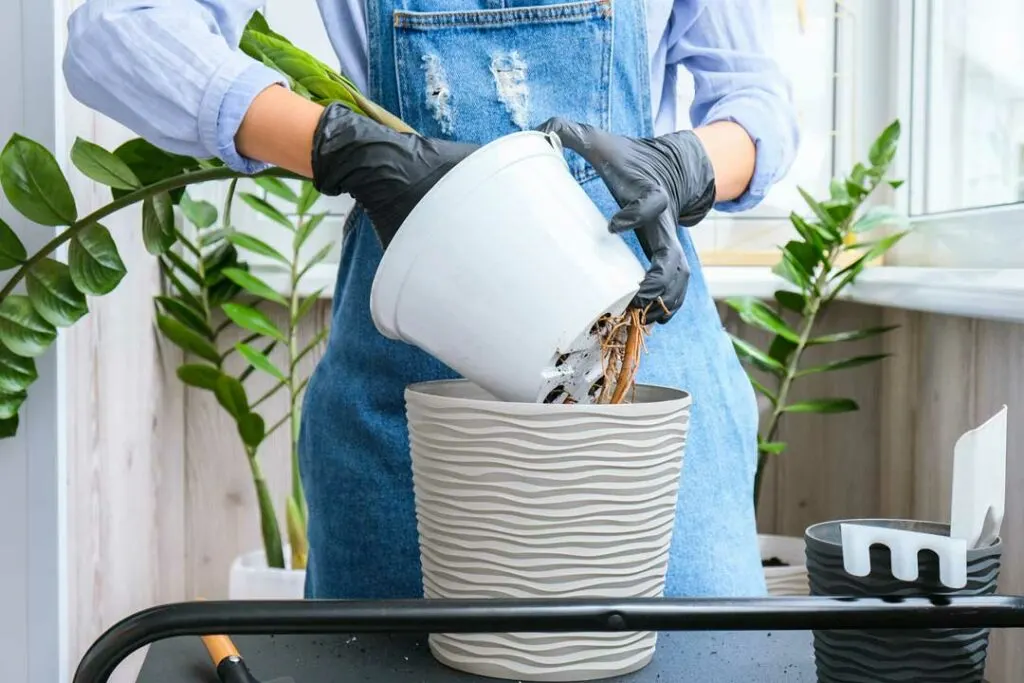
Beyond cleaning, you can mosquito-proof your home by installing screens on windows and doors, using mosquito nets for sleeping areas, and running fans or vaporizers to reduce mosquito activity indoors. Simple changes in your home environment can significantly lower the chances of your child getting bitten.
6. Know When to Seek Medical Help Immediately
While many dengue cases can be managed at home with proper care, parents should learn to recognize when medical attention is urgently needed. If your child shows signs of severe dengue, such as persistent vomiting, difficulty breathing, severe abdominal pain, bleeding from the nose or gums, sudden weakness, or a rapid drop in temperature, seek emergency care immediately. Early medical intervention can be lifesaving and help prevent complications.
How to Protect Kids from Dengue Fever
Keeping your family safe from dengue takes awareness, care, and teamwork. By staying informed and proactive, you’re not just protecting your child today but also helping to build a healthier future for everyone. Remember, every small action counts when it comes to beating dengue.
Dengue fever in children requires constant awareness from parents, especially during peak mosquito season. Prevention starts at home—with simple habits like eliminating standing water, using safe mosquito repellents, and recognizing early symptoms. While most children recover, quick medical attention for severe symptoms is life-saving. Stay vigilant, stay informed, and help protect your child’s health year-round.

Jessi is the creative mind behind The Coffee Mom, a popular blog that combines parenting advice, travel tips, and a love for all things Disney. As a trusted Disney influencer and passionate storyteller, Jessi’s authentic insights and relatable content resonate with readers worldwide.
